Another summer, another round of stellar emerging reporters, writers and photographers who give us hope for the future of journalism.
The Tyee hosted a bumper crop of 11 practicum students this year, coming from schools such as the University of British Columbia, Langara College, Carleton University and the University of King’s College.
Their diverse contributions gave you a chance to read about everything from how cannabis production is taking over B.C.’s farmland to why a Vancouver elementary school has a giant plaque dedicated to a father of apartheid. (Which was removed after Emma Renaerts reported on it for The Tyee.)
We Tyeesters got schooled too, particularly on the ways of Instagram.
“The Tyee staff is largely made up of former Tyee practicum students, so we always look forward to seeing what they bring to the newsroom each summer,” said Robyn Smith, editor in chief and Tyee practicum student class of 2010. “And we look forward to working with them to develop their skills and experience.”
“This group of students was particularly team-oriented, which goes to show that the new norm in journalism is less competitive, more collaborative. We’ll be watching to see what they do next.”
Here are some standout selections from their work this summer, and a little bit about the students themselves if you wish to follow their journalism journeys. (Students are from the UBC Graduate School of Journalism unless otherwise stated.)
For Afghan Expats in Vancouver, Inability to Vote Is ‘Deeply Frustrating’
By Aria Nasimi
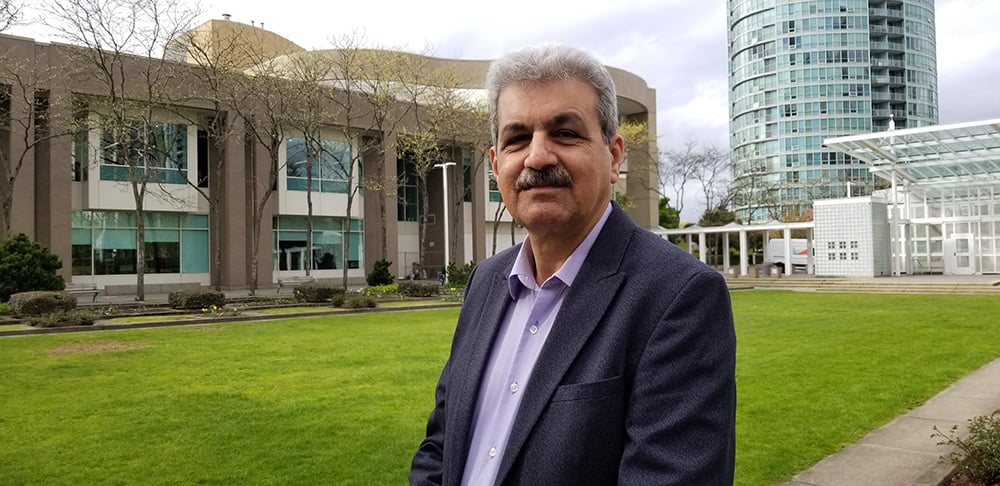
Did you know that Canada is home to about 84,000 Afghan expats? Afghanistan’s election law gives citizens living abroad the right to vote, but they won’t be able to cast ballots in the coming election on Sept. 28.
One expat living in New Westminster says it’s deeply frustrating “when you see that you are deprived of your right to play a role in your country’s political future.”
Aria, who wrote this story, worked in journalism in Afghanistan before pursuing his master’s degree at UBC. You can find his Tyee stories here.
‘We’re Pretty Proud of It’: BC’s First Indigenous-Owned Legal Pot Shop Opens
By Braela Kwan
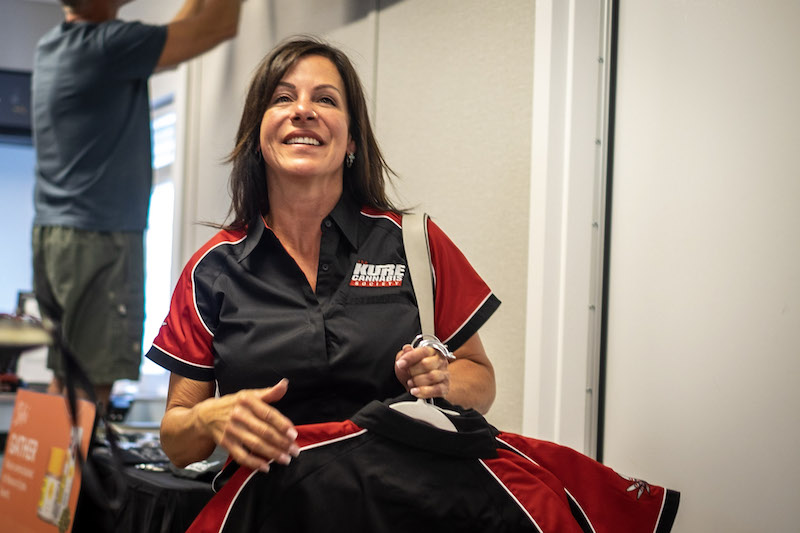
Braela is passionate about the environment and sustainability beat, and while at The Tyee she homed in on the budding cannabis industry. This report featured a unique cannabis business: B.C.’s first Indigenous-owned retail store.
Kure Cannabis Society is located on the Skwah First Nation reserve in Chilliwack and was opened on National Indigenous Peoples Day.
“Being the first Native and the first one to have [a licence] on Native land is pretty cool,” said co-owner Adam Mussell, who is also a councillor of the nation.
You can find Braela’s Tyee stories here.
Changing Climate, Vanishing Old Growth Bring Increased Fire Risk for Coastal Forests
By Brandon Wei
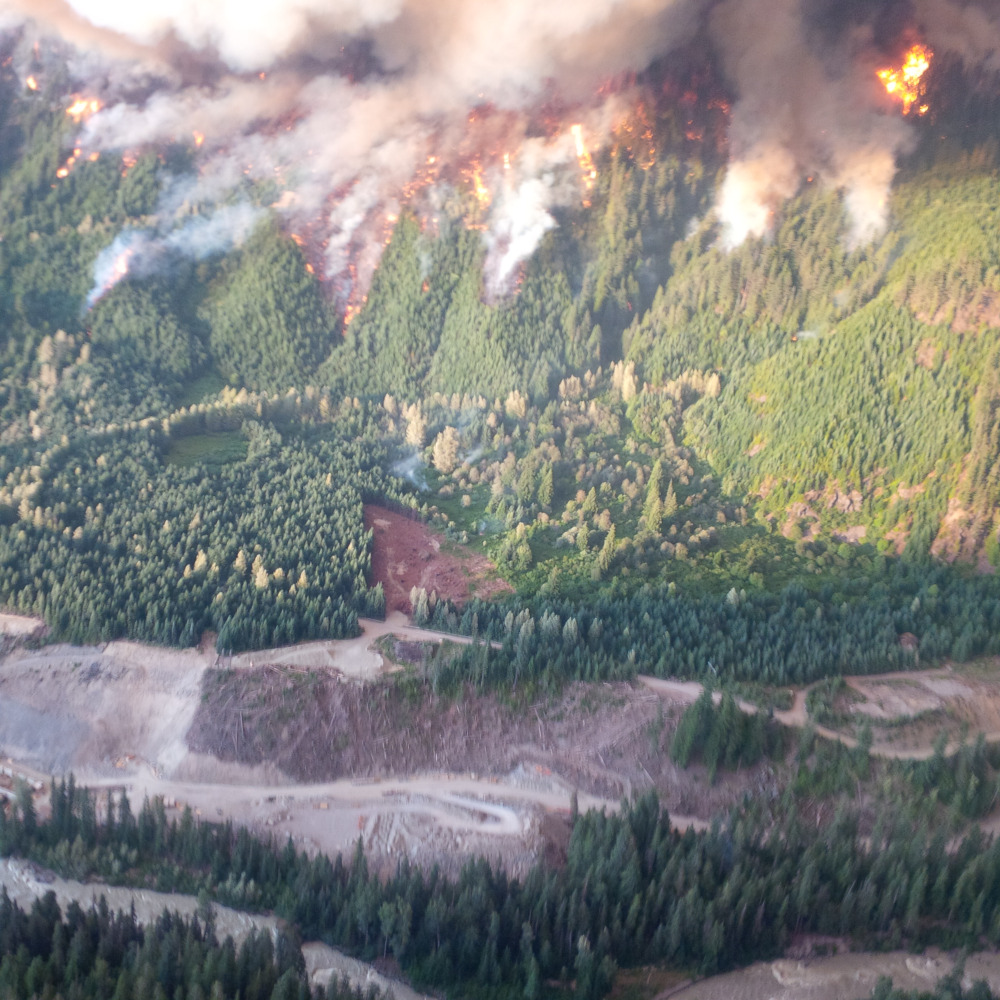
Some of the wettest forests in North America are now considered candidates for wildfires, signalling the severe shifts caused by climate change. Old growth trees, critical for forest resiliency and traditionally quite fire-resistant, are increasingly under threat.
Brandon mainly reported on the wildfire beat for us, and his stories were deep and thorough. You can find them here.
Always Be My Kimchi-jjigae
By Carol Eugene Park
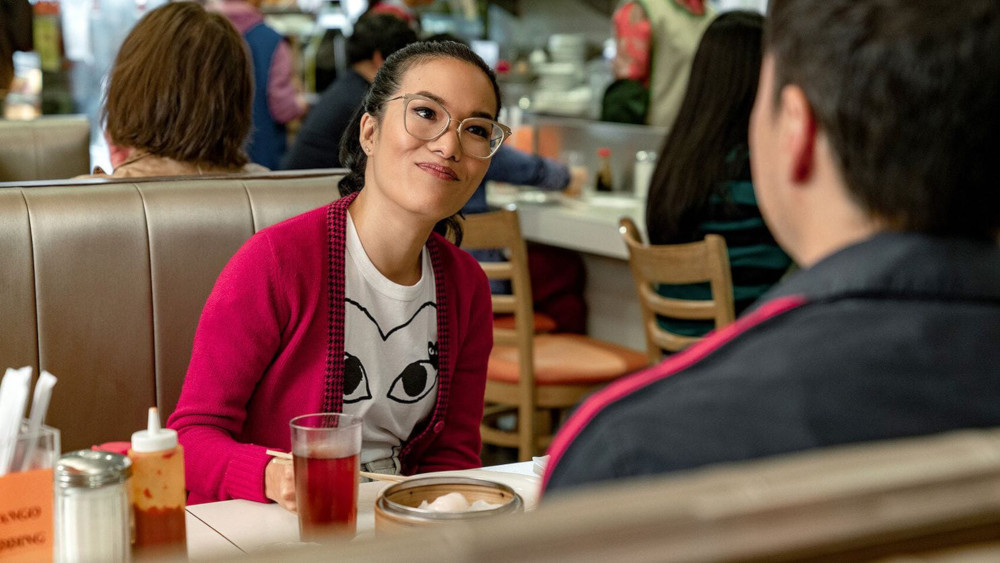
Carol covered a range of stories for The Tyee: pipeline protests, educating teens on abortion, Jody Wilson-Raybould’s announcement that she would run as an independent and the history of puppets from around the world. (She also helped us blow the dust off our Instagram account.)
This story is a personal essay she wrote on the Netflix rom-com Always Be My Maybe and how she connected with its story of food, family, culture, race and loneliness.
You can find Carol’s Tyee stories here.
The Charter of Rights Can Protect Homeless Campers. Is That Enough?
By Dexter McMillan
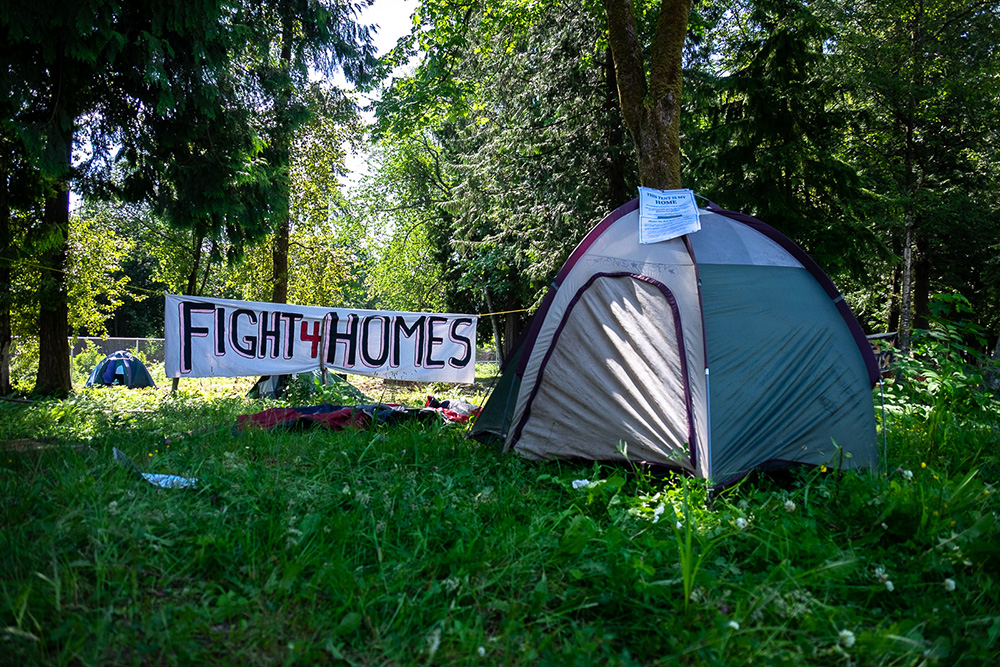
We don’t often have intern photojournalists, so we were very happy to have Dexter, who’s studying at Carleton University.
We sent him to all corners of Metro Vancouver, including Maple Ridge to cover a sit-in at Fraser Health by advocates for an overdose prevention site, and Delta to photograph the The Breast Form Store.
Here are Dexter’s photos from the We Exist Tent City in Coquitlam, accompanying his story on legal efforts to shut down tent cities.
Why One School Keeps a Special Place for a Father of Apartheid
By Emma Renaerts
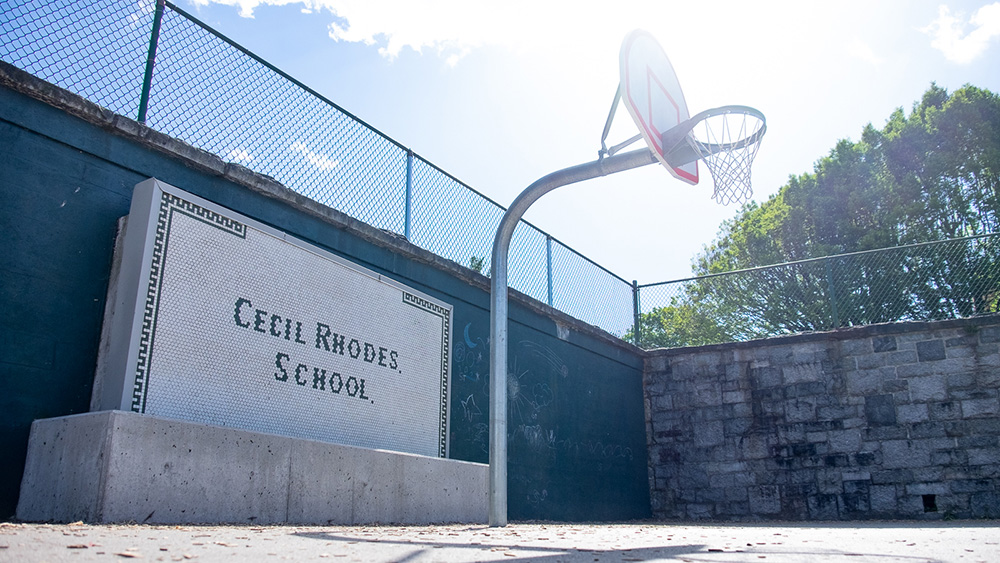
How is memorialization used for social control, or change? Emma brought some of her expertise in memory studies to journalism, writing pieces on places and streets named after notorious figures, and the tricky efforts to rename them without erasing history.
The story above is about L’École Bilingue on Vancouver’s west side, which kept a nameplate memorializing the elementary school’s former name, Cecil Rhodes, at the basketball court.
Rhodes was a British imperialist who exploited the people of southern African for cheap labour and land. According to members of the anti-Rhodes movement at Oxford, he “facilitated the deaths of hundreds of thousands of black South Africans.”
Emma’s story led to the nameplate being covered, then dismantled.
You can find her Tyee stories here.
The Bartenders Building Community One Drink at a Time
By Gabrielle Plonka
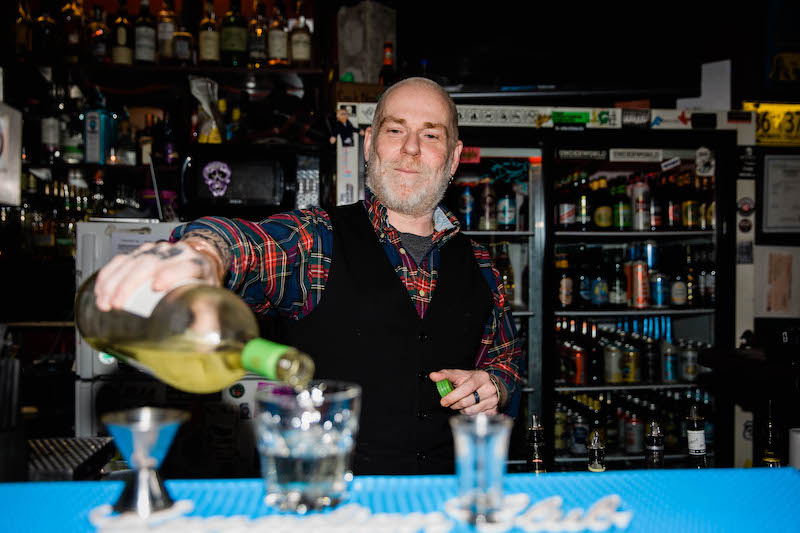
After a month covering civic issues, Gabrielle of Langara College ended her internship with this feature on the communities at Vancouver’s neighbourhood bars and pubs.
The story introduces you to the familiar faces of the Brighton and the Fringe Café, where one bartender ends a 30-year career.
You can find her Tyee stories here.
‘Hi, How Can I Help You?’ What It Takes to Be a Crisis Line Volunteer
By Hilary Leung
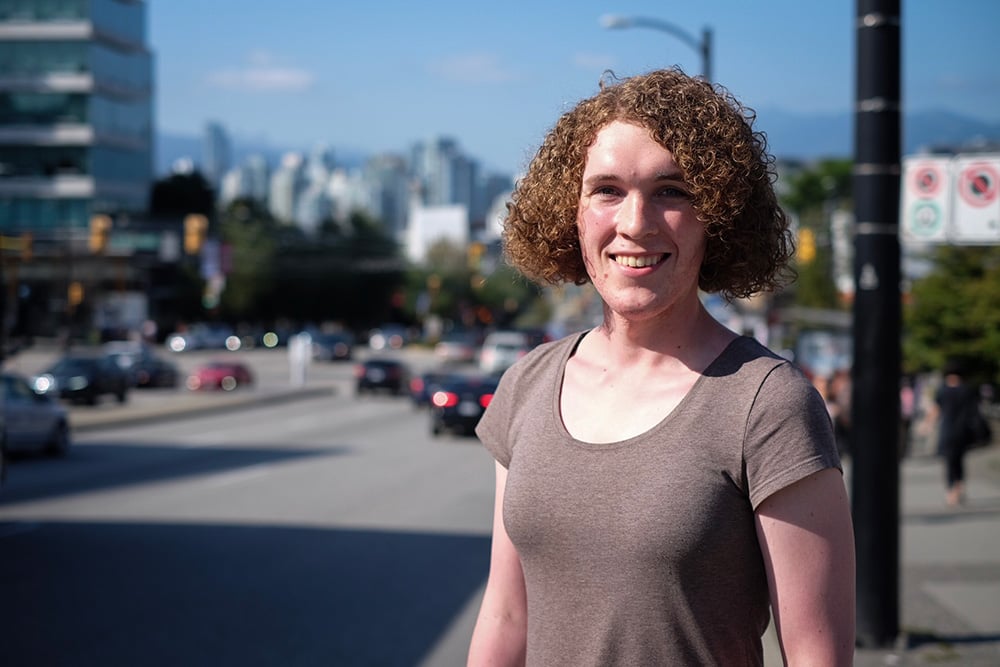
Hilary shares stories from both ends of the calls at Trans Lifeline, a peer-support crisis hotline for the transgender community.
“It’s... hard to hear those stories,” said one of the hotline’s volunteers. “But it’s even harder to be going through that. If they are calling us, [they] really don’t have anyone else to talk to. Those are the ones that kind of get to you.”
You can find Hilary’s Tyee stories here.
CPP Sells Shares in US Prison Companies After Pressure Campaign
By Hina Imam
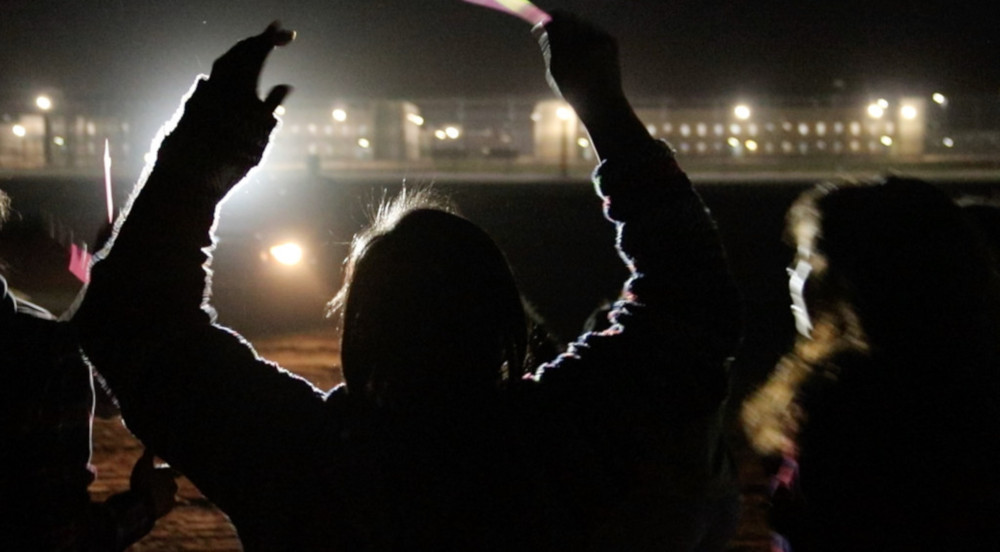
The investment board of the Canada Pension Plan took heat for investing in two companies that operate migrant detention camps along the U.S.-Mexico border.
After this was reported by the Guardian, the board said that it doesn’t screen investments “based on social, religious, economic or political criteria.”
But after a pressure campaign from Leadnow and SumOfUs, the pension plan board sold its holdings.
Hina interviewed Leadnow on what it took to make the campaign a success. You can find her other Tyee stories here.
I’ve Ridden in Both Cities, and Amsterdam Is No Model for Vancouver’s Cycling Future
By Isabel Ruitenbeek
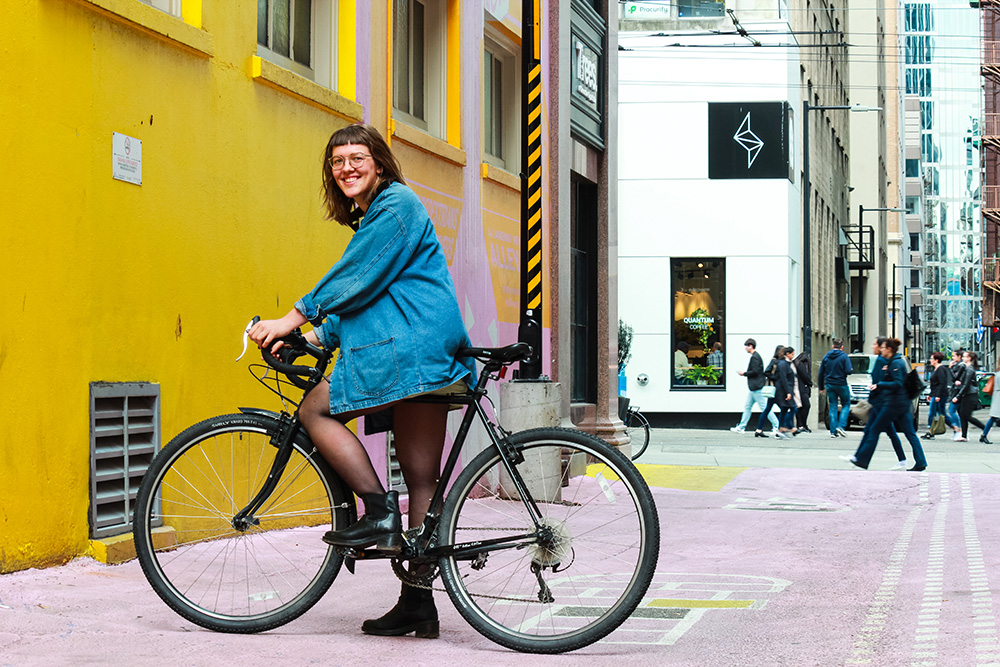
Is Amsterdam really the two-wheel mecca that cyclists make it out to be? Isabel, who’s lived in both Amsterdam and Vancouver, gives us the lowdown.
And you may be surprised where she thinks you’re more likely to hear “move, asshole” when you’re riding.
Isabel came to us from the University of King’s College in Halifax. You can find her Tyee stories here.
DOXA Dives into the World of Caring — for the Dead, Family and Even by Dogs
By Leah Siegel
This year’s DOXA Documentary Film Festival tackled big issues such as racism, revolution and sexual violence.
Leah, however, watched three intimate films that explore what it means to be a caretaker, introducing viewers to service dogs, a Mexican family watching grandma after dad goes to jail, and the people who work at a cemetery on a Spanish island.
You can find her culture stories here. ![]()
Read more: Media


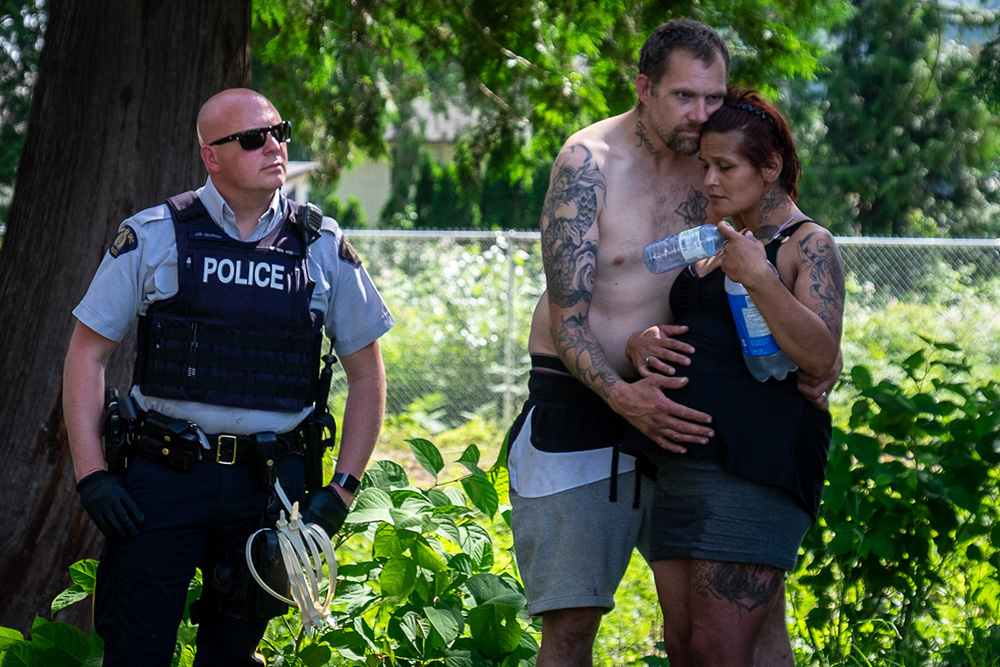












Tyee Commenting Guidelines
Comments that violate guidelines risk being deleted, and violations may result in a temporary or permanent user ban. Maintain the spirit of good conversation to stay in the discussion.
*Please note The Tyee is not a forum for spreading misinformation about COVID-19, denying its existence or minimizing its risk to public health.
Do:
Do not: